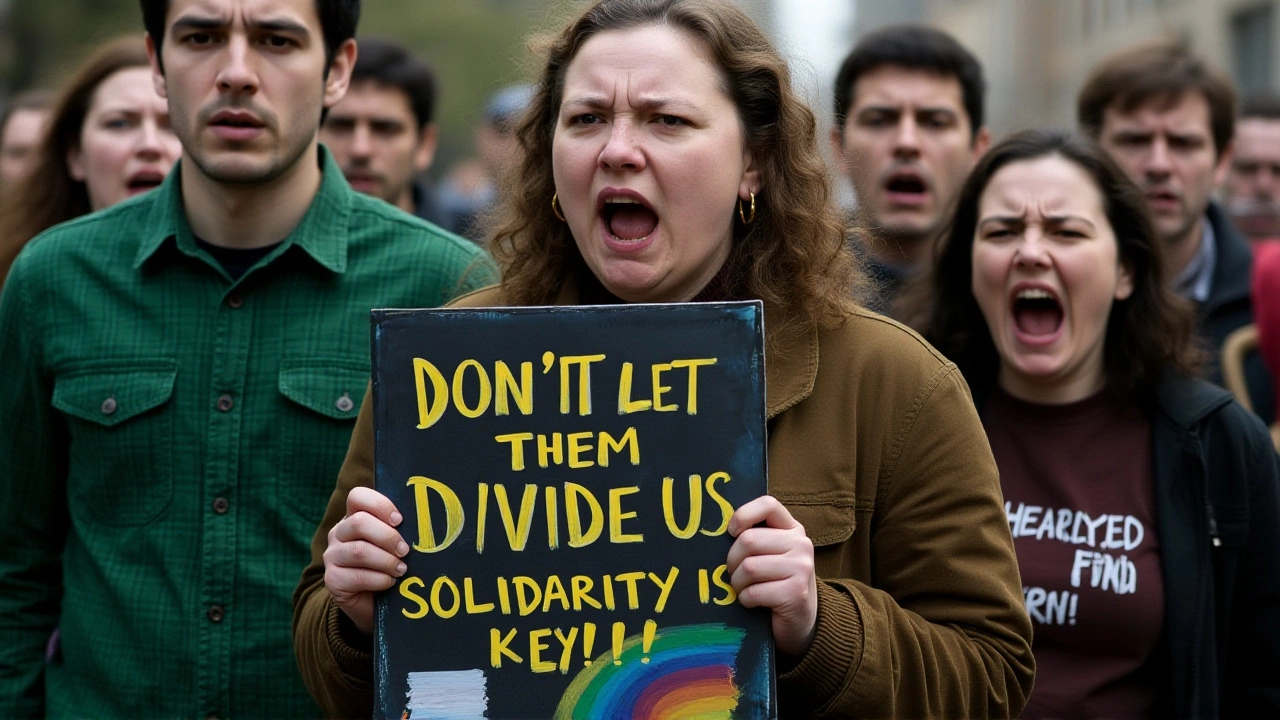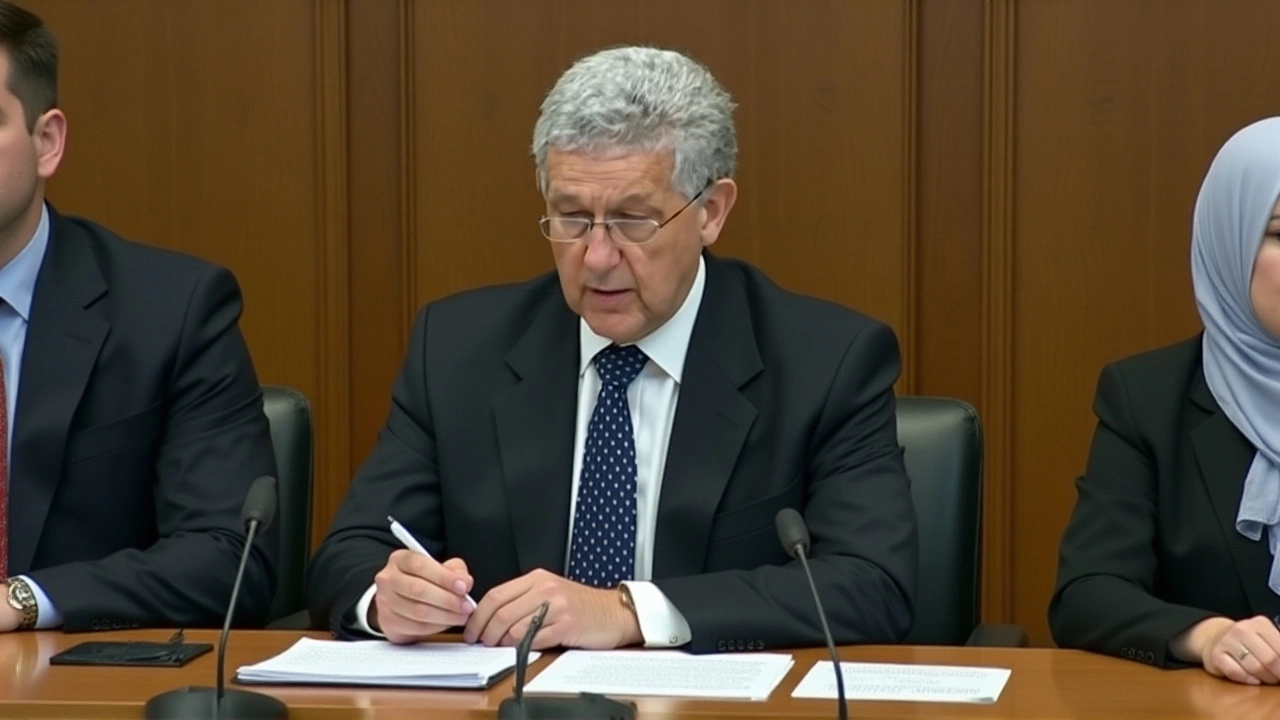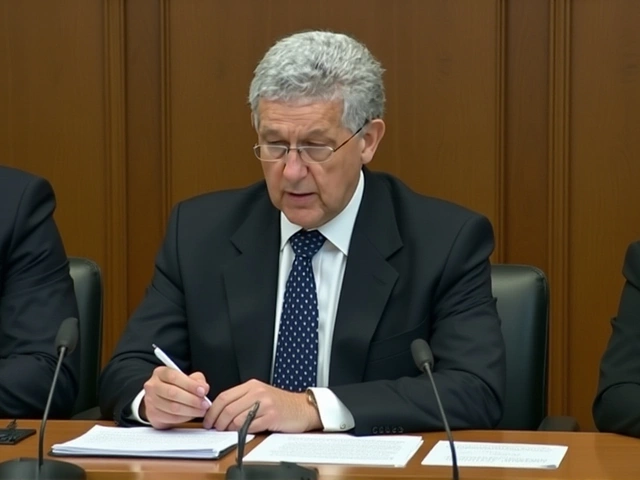When TransActual released a scathing statement on 26 April 2025, it put the Equality and Human Rights Commission’s new guidance on single‑sex spaces under the microscope. The comment was issued by Jane Fae, the charity’s acting press contact, who warned that the document was ‘a bigoted attempt to segregate trans people in public spaces that is almost certainly unlawful.’ The backlash landed just as the UK was still digesting the Supreme Court’s June 2024 ruling on the definition of ‘sex’ in the Equality Act 2010.
Background to the EHRC Draft Guidance
The Equality and Human Rights Commission, headquartered in Manchester, published its long‑awaited review of evidence from government on single‑sex space policies on 27 August 2025. The review followed a June‑2025 interim update that had already stripped out language insisting on ‘sufficient single‑sex toilets’ in public venues. EHRC framed the guidance as a ‘code of practice for services, public functions and associations,’ but stressed that it was non‑statutory – a point TransActual seized upon.
TransActual’s Formal Condemnation
In the statement, Jane Fae highlighted three core flaws. First, the guidance carries no legal force until Parliament decides otherwise, making it ‘about as useful as the views of any random member of the public prevaricating over a pint in the local pub.’ Second, a blanket ban on trans women using women’s toilets fails the proportionality test required under the Equality Act. Third, the document appears to breach rights that remain for trans people, despite the Supreme Court’s clarification on the meaning of ‘sex.’
TransActual’s legal counsel warned that organisations that adopt the guidance could find themselves in ‘legal jeopardy,’ with potential claims for discrimination under the Equality Act 2010.
Legal Context: Supreme Court Ruling and the Equality Act
The Supreme Court’s 2024 judgment, delivered by a panel that included Lord Sumption, held that the term ‘sex’ in the Equality Act should be interpreted in a biological sense but left room for nuanced application. As UK Supreme Court clarified, the ruling does not dictate every policy outcome, meaning regulators like the EHRC still have leeway – but that leeway must respect proportionality and the right to freedom of association.
TransActual argues the EHRC’s draft goes beyond the court’s intent, effectively enshrining segregation – a principle they label ‘inherently fascist.’ The charity also pointed out that the EHRC’s chair, referred to only as ‘the Baroness,’ failed in her duty to consult with trans organisations during the drafting process.
Reactions from Stakeholders
While TransActual’s condemnation has rallied many LGBTQ+ advocacy groups, the response from the broader business community is mixed. Some large venue operators have already begun revising signage to comply with the guidance, citing the risk of legal challenges if they ignore it. Trade bodies, however, warn that the lack of statutory backing could create a patchwork of compliance that confuses staff and patrons alike.
Human‑rights lawyers echo TransActual’s concerns, noting that any policy that bans trans women from women’s toilets without a ‘proportionate means of achieving a legitimate aim’ is likely to be struck down by courts. Yet a handful of conservative think‑tanks argue the guidance simply clarifies existing expectations for single‑sex spaces.

Potential Implications and Next Steps
Should a court find the EHRC guidance unlawful, organisations that have already altered facilities could face costly reversals. Conversely, a judicial endorsement could embolden further restrictions in schools, sports clubs, and public transport. The consultation on the draft code runs through the rest of 2025, giving interested parties a narrow window to submit formal comments.
TransActual has urged anyone affected – from venue managers to everyday commuters – to submit evidence of how the guidance would impact them. The charity also plans to file a strategic test case, aiming to secure a definitive ruling on the compatibility of the guidance with the Equality Act.
Historical Background of Trans Rights in the UK
TransActual UK Ltd, incorporated on 20 July 2021 (company number 13643692), operates from 71‑75 Shelton Street, Covent Garden, London. Since its launch, the organisation has campaigned for legal recognition of gender reassignment under the Equality Act and challenged discriminatory policies in schools and workplaces.
The Equality and Human Rights Commission itself was established under the Equality Act 2006 to promote equality and combat discrimination. Over the past decade, the body has issued guidance on gender reassignment, sex, and sexual orientation discrimination, but its latest foray into single‑sex spaces marks a sharp turn toward contentious territory.
- 26 Apr 2025 – TransActual issues condemnation.
- 27 Aug 2025 – EHRC publishes full review of single‑sex space evidence.
- June‑2025 – Interim EHRC update removes mandatory single‑sex toilet requirement.
- 2024 – UK Supreme Court clarifies ‘sex’ definition in Equality Act.
Frequently Asked Questions
How does the EHRC guidance affect trans people working in public venues?
If a venue adopts the guidance’s blanket ban on trans women using women’s toilets, employees could face discrimination claims under the Equality Act 2010. Legal experts warn that such policies may be deemed ‘disproportionate’ and thus unlawful, exposing businesses to compensation payouts and reputational damage.
What legal precedent does the Supreme Court ruling provide?
The 2024 Supreme Court decision, articulated by Lord Sumption, held that ‘sex’ should be understood biologically but left room for nuanced policy application. It does not grant regulators carte blanche to enforce segregation, meaning any guidance must still pass the proportionality test.
Why did TransActual release its statement on a Friday night?
TransActual alleges the timing was deliberate, hoping the announcement would be drowned out by coverage of the Pope’s funeral. Releasing a statement late on a Friday typically reduces media pickup, giving the regulator a quieter launch window.
What can individuals do to influence the ongoing consultation?
The EHRC’s consultation portal remains open through December 2025. Anyone – from business owners to private citizens – can submit written evidence, case studies, or legal analyses outlining how the draft code would impact their rights or operations.
What are the next steps if the guidance is ruled unlawful?
A court finding of illegality would force the EHRC to retract or rewrite the guidance, and organisations that had already complied would need to reverse any changes. It could also set a legal benchmark for future disputes over gender‑specific spaces.





Write a comment